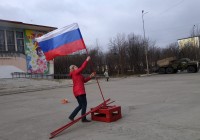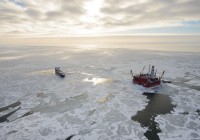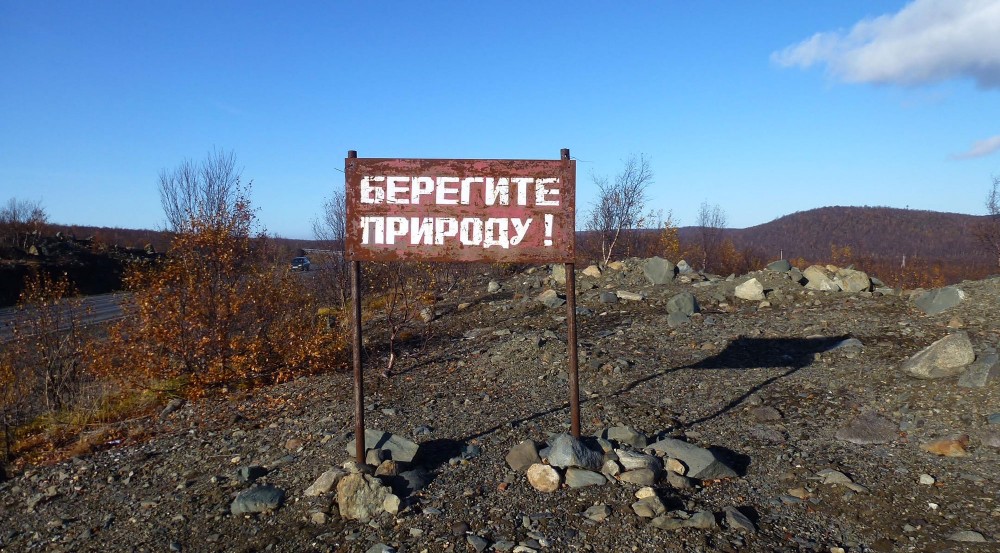
Russia might lower environmental standards in Arctic
ADVERTISEMENT
The country that covers the lion’s share of the world’s Arctic territories has for decades developed large and invasive industrial projects in the most pristine part of the planet. Big oil and gas projects have been built along its icy coast, mining and metallurgy plants erected on its tundra and industrial infrastructure developed across its vast and vulnerable Arctic lands and waters.
Nevertheless, environmental protection and climate change was accentuated in key government policy papers. The country’s Arctic Strategy from 2020 highlighted the importance of “environmental protection and efficient development of natural resources with compliance of high ecological standards.”
Likewise, the document stressed the importance of international cooperation. “Good-neighborly relations with Arctic countries must be strengthened and international interaction developed in the study of global climate change,” the document read. It also specifically mentioned the Arctic Council and the Barents Euro-Arctic Council as bodies of international cooperation in the region.
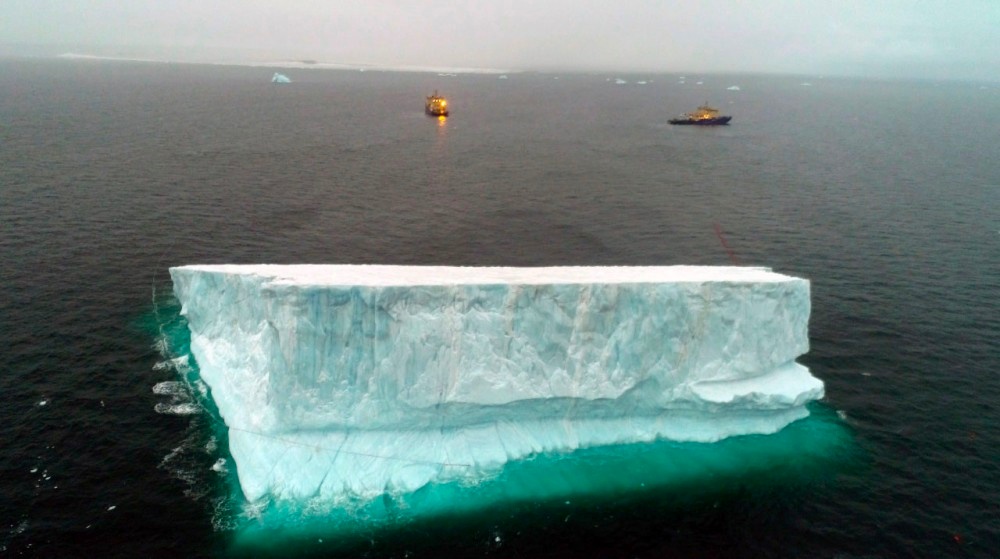
Many of the same ambitions are highlighted in the Russian foreign policy strategy from 2016. The document accentuates the importance of expanding international cooperation with the aim to “strengthen environmental security and counter global climate change.” It highlights the “joint interests of the world community” and cooperation with all countries for the benefit of the current and future generations.
However, following its attack on Ukraine and the subsequent sanctions and stand-off with the West, Russia is redefining its foreign policy course, and also its course on the Arctic and Arctic environment.
ADVERTISEMENT
A newly amended version of the country’s Arctic Policy downplays the role of international bodies of cooperation. It instead, it highlights that international cooperation must be based on “national interest.”
Likewise, in the new version of the Russian Foreign Policy Concept, the policymakers warn against a “politicization” of international climate change efforts and underlines that adaptation to climate change must be conducted “based on the interests of current and future Russian generations.”
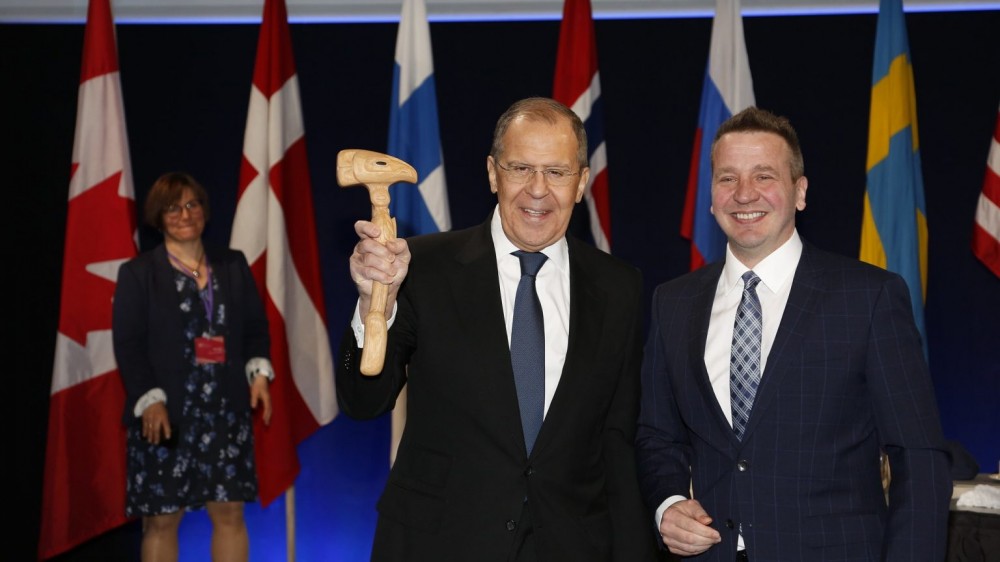
It also argues that international efforts aimed at environmental protection and climate change are driven by an aim to promote “dishonest competition and interfere in the internal affairs of other countries,” as well as to “limit the sovereignty of other countries with regards to their natural resources.”
The two new documents leave little doubt that Russia does no longer intends to be obliged by international regulations in the management of its Arctic and rather move ahead exclusively based on national interests.
The documents no longer highlight the importance of environmental protection based on high ecological standards, but rather based on “the interests of a stable development in the Arctic.”
Likewise, the foreign policy document stresses that “every country have the right to independently choose its preferred mechanisms and ways to protect environment and adjust to climate change.”
The downplay of environmental protection in the policy papers comes as Russia is about to complete its presidency of the Arctic Council. The rotating chair of the international organization that has environment and climate as its top priorities will in May this year be handed over to Norway.
Russia has already been suspended from the club and will hardly be back around the table with Arctic neighbors any time soon. In a recent conference on melting permafrost, Foreign Minister Sergei Lavrov underlined that his diplomats will continue to help domestic researchers team up with international partners. But he admitted that it has become complicated because of “certain unfriendly countries.”
Among Lavrov’s new Arctic friends and partners are likely to be China and India.
ADVERTISEMENT
The Barents Observer Newsletter
After confirming you're a real person, you can write your email below and we include you to the subscription list.




